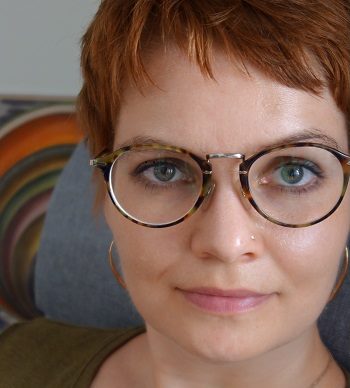
Julia Gebke
Department of History
- DisAbility History
- History of the Body
- History of Science
NonSense.
Making Sense in Premodern Times
The project aims to study on the one hand, how specific human beings were negated from making sense, and on the other hand, which coping strategies these persons classified as senseless used to deal with those attributions.
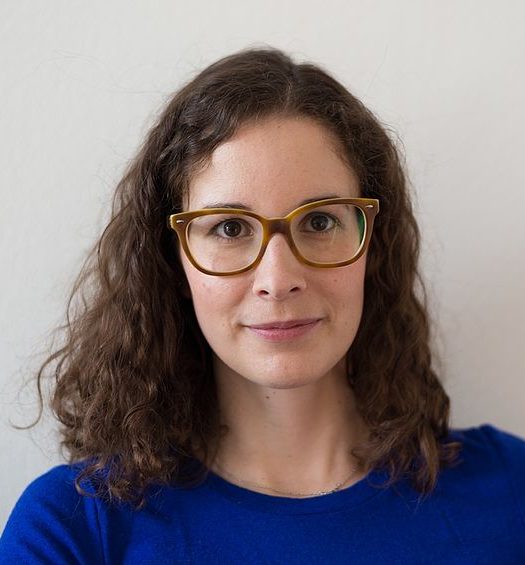
Julia Heinemann
Department of Social and Economic History
- DisAbility History
- History of the Body
- New Military History
Bodies of War?
Disabled Soldiers in
Early Modern Vienna
The project focuses on soldiers who were considered to be unable to do military work. It addresses the problem of social categorizations and standardizations of vulnerable bodies, and asks how the persons affected dealt with this.
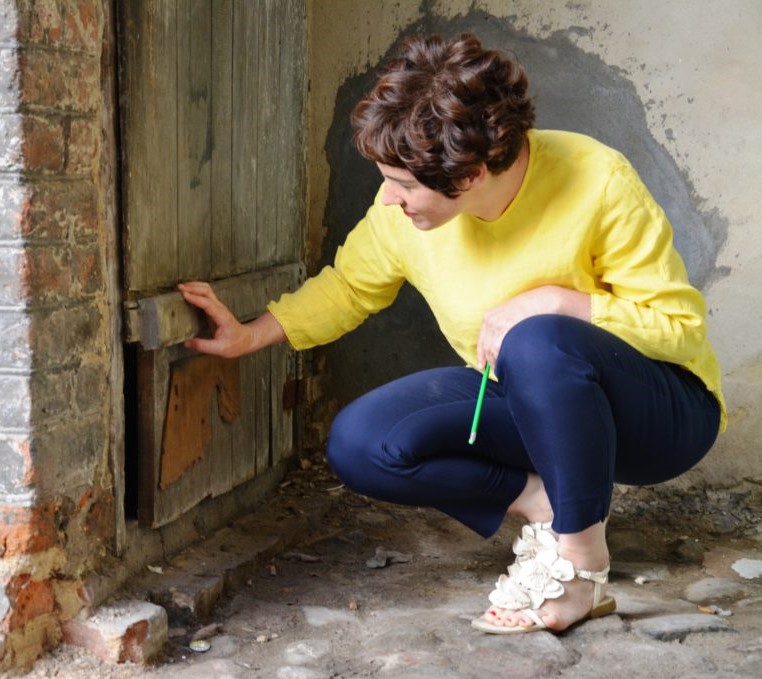
Stephanie Weismann
Institute
of East European HistoryRECET
– Research Cluster for the Study of East Central Europe and the History of
Transformations
- Sensory History
- History of Everyday Life
- History of Emotions
- East Central Europe
The Smellscapes of Lublin.
An Olfactory Urban History
of the 20th Century in Poland
The project focuses on urban smellscapes of everyday and their perceptions in relation to changing political, economic and social orders. Sniffing out history aims at studying the embodied, sensual experiences of historical transformations.

Basema Hamarneh
Department of Classical Archaeology
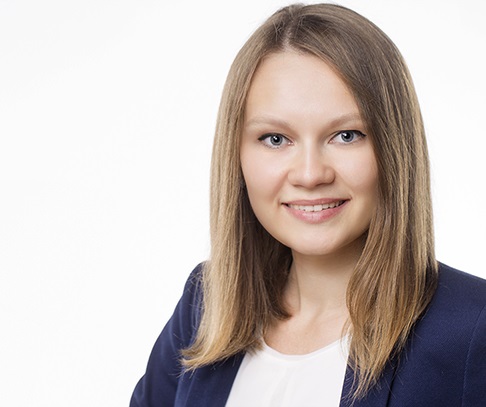
Tatiana Prorokova
Department of English and American Studies
- Mental Disability in Literature
- Addiction and/as Disability (Film, Literature, Comics & Graphic Novels)
- Homosexuality and Disability
- Freak Shows and Disability
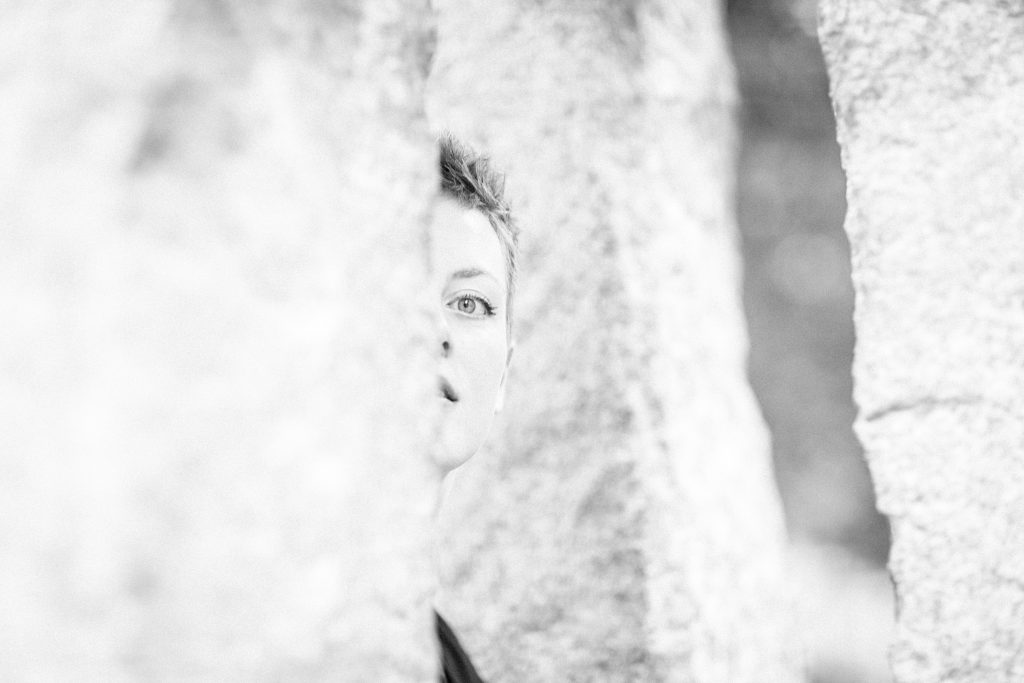
Luisa Drews
Department of German Studies
- Intersection of Media and Disability Studies
- Disability Media Aesthetics
Blind Listening. Aesthetics of radio and radio play in German-language radio plays, 1950s-1960s
In her dissertation, Luisa Drews examines the interrelation of discourses of blindness and poetics, theories and aesthetics in post-war German-language radio plays. Her research focuses on media theory and history as well as the relationship between literature, media and knowledge. Together with Eva Horn, she is working on a volume of the upcoming edition of the early works of media historian Friedrich Kittler.
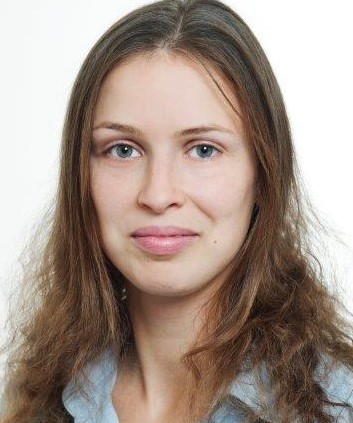
Barbara Heinisch
Centre for Translation Studies
- Intralingual Translation
- Accessibility through Audiovisual Translation
- Accessibility in Translator Education (Translators and Interpreters)
- Localisation
Accessible Culture and Training (ACT)
Making cultural events more accessible and establishing the job profile of the Media Accessibility Expert for the Scenic Arts
This project addresses the accessibility of cultural events and especially the provision of services such as surtitling, subtitling for the deaf and hard of hearing, audio description, audio introduction for blind and visually impaired persons, sign language interpreting and many more.
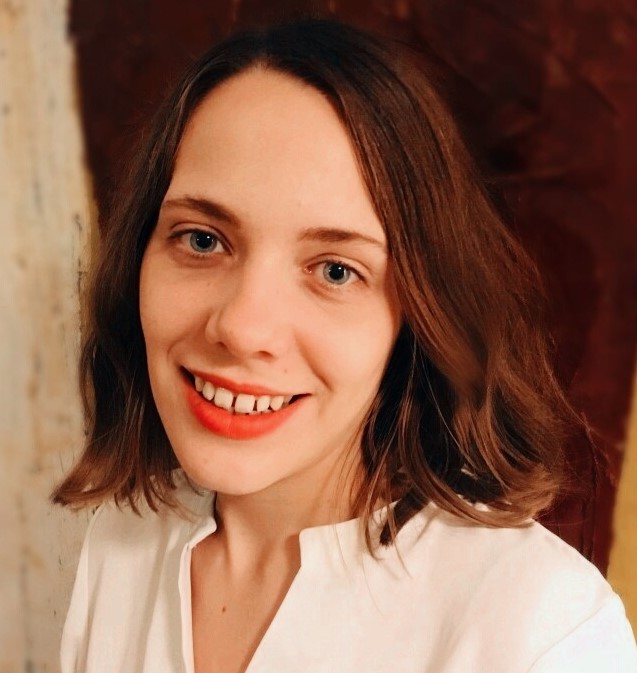
Milena Heussler
Department of New Testament Studies
- DisAbility History
- History of the Body
- Representations of Bodies in Early Christian Literature
Healed Bodies, redeemed bodies? DisAbled Characters in the Texts of Luke and Acts
The project aims at highlighting the inner textual dynamics of biblical narratives which portray “disabled” characters and their “abled” counterparts, using the knowledge of historical notions of the human body, gender and emotions to deepen the analysis of how persons with disabilities are perceived and used for theological discourse in Luke-Acts.

Milena Bister
Humboldt-Universität zu Berlin
- Contemporary intersections of categories of disability and chronicity
- Experience with and expertise of mental health, illness and dis/ability
Socio-Material Orderings of Dis/ability
Milena’s project explore the effects of contemporary categorisation practices that sort people into categories of chronicity and disability, especially with regard to mental health. Through joining anthropological theories with approaches from science and technology studies, she investigates ethnographically how these processes inform the flows of care and welfare provision.
